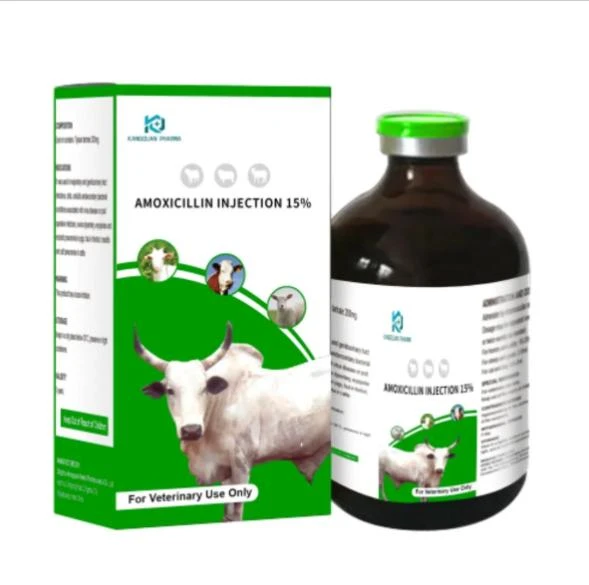- Afrikaans
- Albanian
- Amharic
- Arabic
- Armenian
- Azerbaijani
- Basque
- Belarusian
- Bengali
- Bosnian
- Bulgarian
- Catalan
- Cebuano
- Corsican
- Croatian
- Czech
- Danish
- Dutch
- English
- Esperanto
- Estonian
- Finnish
- French
- Frisian
- Galician
- Georgian
- German
- Greek
- Gujarati
- Haitian Creole
- hausa
- hawaiian
- Hebrew
- Hindi
- Miao
- Hungarian
- Icelandic
- igbo
- Indonesian
- irish
- Italian
- Japanese
- Javanese
- Kannada
- kazakh
- Khmer
- Rwandese
- Korean
- Kurdish
- Kyrgyz
- Lao
- Latin
- Latvian
- Lithuanian
- Luxembourgish
- Macedonian
- Malgashi
- Malay
- Malayalam
- Maltese
- Maori
- Marathi
- Mongolian
- Myanmar
- Nepali
- Norwegian
- Norwegian
- Occitan
- Pashto
- Persian
- Polish
- Portuguese
- Punjabi
- Romanian
- Russian
- Samoan
- Scottish Gaelic
- Serbian
- Sesotho
- Shona
- Sindhi
- Sinhala
- Slovak
- Slovenian
- Somali
- Spanish
- Sundanese
- Swahili
- Swedish
- Tagalog
- Tajik
- Tamil
- Tatar
- Telugu
- Thai
- Turkish
- Turkmen
- Ukrainian
- Urdu
- Uighur
- Uzbek
- Vietnamese
- Welsh
- Bantu
- Yiddish
- Yoruba
- Zulu
Dec . 11, 2024 12:11 Back to list
gentamicin sulfate generic
Understanding Gentamicin Sulfate A Comprehensive Overview
Gentamicin sulfate is an antibiotic that falls under the category of aminoglycosides, primarily used to treat infections caused by certain bacteria. Discovered in the early 1960s, gentamicin has since become a vital component of modern medicine, particularly in the fields of infectious diseases, surgery, and pediatrics. This article aims to provide a detailed understanding of gentamicin sulfate, its uses, mechanisms, side effects, and considerations for its administration.
Mechanism of Action
Gentamicin works by inhibiting bacterial protein synthesis. It binds to the 30S ribosomal subunit of the bacteria, causing misreading of the genetic code. This action leads to the production of nonfunctional proteins, ultimately resulting in bacterial cell death. Gentamicin is effective against a broad spectrum of bacteria, including Gram-negative organisms such as Escherichia coli, Pseudomonas aeruginosa, and Klebsiella species, as well as some Gram-positive bacteria, notably Staphylococcus aureus.
Clinical Uses
Gentamicin sulfate is primarily indicated for the treatment of serious infections that are caused by susceptible organisms. It is commonly utilized in cases of
1. Urinary Tract Infections (UTIs) Particularly when they are complicated or caused by multidrug-resistant bacteria. 2. Sepsis Gentamicin is often part of empirical therapy for febrile neutropenia. 3. Pneumonia Especially in hospitalized patients or those with underlying conditions. 4. Skin and Soft Tissue Infections When caused by Gram-negative bacteria. 5. Endocarditis Usually in conjunction with other antibiotics to enhance efficacy.
Due to its effectiveness against resistant pathogens, gentamicin is typically reserved for severe infections or when other antibiotics have failed.
Administration Methods
gentamicin sulfate generic

Gentamicin can be administered in several ways, including
- Intravenous (IV) Injection Often used in hospital settings for rapid action in severe infections. - Intramuscular (IM) Injection Another parenteral route, utilized when IV access is difficult. - Topical Gentamicin sulfate is also available in ointments and creams for localized infections, such as infected wounds.
The choice of route depends on several factors, including the severity of the infection, the site of infection, and the patient’s overall clinical condition.
Side Effects and Safety Considerations
While gentamicin is an effective antibiotic, it is not without potential side effects. Common side effects may include
- Nephrotoxicity Gentamicin can be harmful to the kidneys, especially in patients with pre-existing renal impairment or those receiving other nephrotoxic agents. - Ototoxicity High doses or prolonged use can result in hearing loss or balance issues due to damage to the inner ear. - Allergic Reactions Some patients may experience allergic skin reactions or more severe responses. - Neuromuscular Blockade Caution is advised in patients with myasthenia gravis or those undergoing anesthetic procedures.
Monitoring parameters, such as serum creatinine and gentamicin levels, is crucial to minimizing these risks. Dosing regimens may need adjustment based on renal function and drug levels in the bloodstream.
Conclusion
Gentamicin sulfate remains a cornerstone in the treatment of serious bacterial infections. Its potency against resistant strains makes it an invaluable tool in modern medicine. However, like all medications, its use must be judicious, considering the potential for side effects, particularly regarding kidney and ear health. As research continues, healthcare providers must remain vigilant in monitoring and adjusting treatment protocols, ensuring the safety and efficacy of gentamicin therapy. For patients, understanding this medication can empower informed discussions with their healthcare providers, leading to better health outcomes and management of infections.
-
Guide to Oxytetracycline Injection
NewsMar.27,2025
-
Guide to Colistin Sulphate
NewsMar.27,2025
-
Gentamicin Sulfate: Uses, Price, And Key Information
NewsMar.27,2025
-
Enrofloxacin Injection: Uses, Price, And Supplier Information
NewsMar.27,2025
-
Dexamethasone Sodium Phosphate Injection: Uses, Price, And Key Information
NewsMar.27,2025
-
Albendazole Tablet: Uses, Dosage, Cost, And Key Information
NewsMar.27,2025













